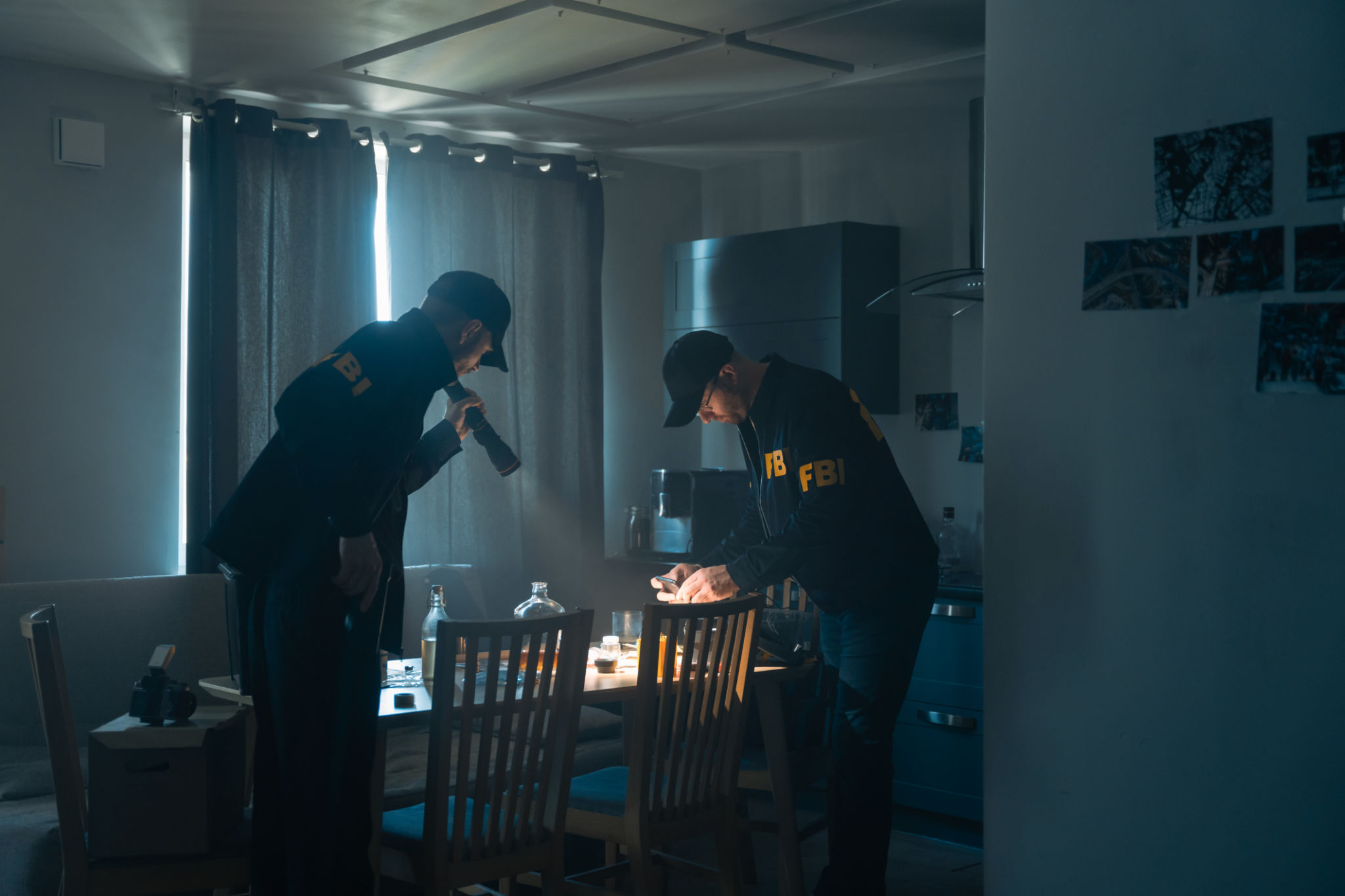Navigating Legal Rights During Police Encounters in Cook County
Understanding Your Basic Rights
When navigating police encounters, it's crucial to understand your basic rights. In Cook County, as in the rest of the United States, individuals are protected by the Constitution. This means you have the right to remain silent and the right to refuse consent to a search of yourself, your car, or your home. Knowing these rights can help you manage interactions with law enforcement more effectively.

During any police encounter, always remember that you are allowed to ask if you are free to go. If the officer says yes, you may calmly walk away. If you are not free to go, it’s essential to stay calm and refrain from resisting or fleeing, as this could escalate the situation.
Your Right to Remain Silent
The Fifth Amendment grants you the right to remain silent during police encounters. This means you do not have to answer questions posed by law enforcement officers. To invoke this right, it is sufficient to state clearly that you are choosing to remain silent. It’s a powerful tool that can prevent self-incrimination.
Be mindful that while silence is your right, providing your name when asked is generally required. Failing to do so in certain situations might lead to additional complications, such as being detained for further questioning.
Consent to Searches
Another critical aspect of your rights involves searches. Unless an officer has a warrant or probable cause, they cannot search you, your vehicle, or your home without your consent. If you do not consent to a search, it is important to communicate this clearly and respectfully.

Keep in mind, however, that if an officer believes there is probable cause, they may proceed with a search without your consent. Understanding this distinction can help you navigate these encounters more confidently and ensure that your rights are respected.
Handling Traffic Stops
Traffic stops are one of the most common types of police encounters. During a traffic stop in Cook County, remain in your vehicle unless instructed otherwise by the officer. Keep your hands visible, typically on the steering wheel, and comply with requests for documentation such as your driver's license and vehicle registration.
It’s also important to note that while officers can ask questions during a traffic stop, you are not obligated to answer anything beyond identifying yourself and providing necessary documents. If you choose to exercise your right to remain silent, do so politely.

What to Do If Your Rights Are Violated
If you believe your rights have been violated during a police encounter, it’s important not to argue or resist at the moment. Instead, focus on collecting as much information as possible, such as the officer’s badge number and patrol car number. If there are witnesses, try to obtain their contact information as well.
Later, you can file a formal complaint with the police department or seek legal counsel to address the situation. Documenting your experience thoroughly can be crucial in any subsequent proceedings.
Seeking Legal Advice
After a challenging encounter with law enforcement, seeking legal advice may be beneficial. Legal professionals who specialize in civil rights or criminal defense can provide guidance tailored to your specific experience. They can help determine whether your rights were violated and advise on potential next steps.
Ultimately, understanding and exercising your legal rights during police encounters in Cook County can empower you and contribute to a fairer justice system. Staying informed and prepared is key to navigating these situations effectively.